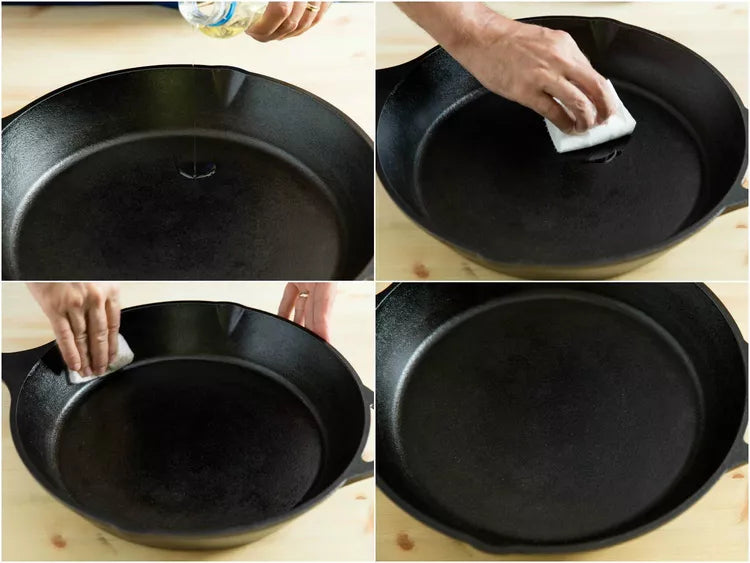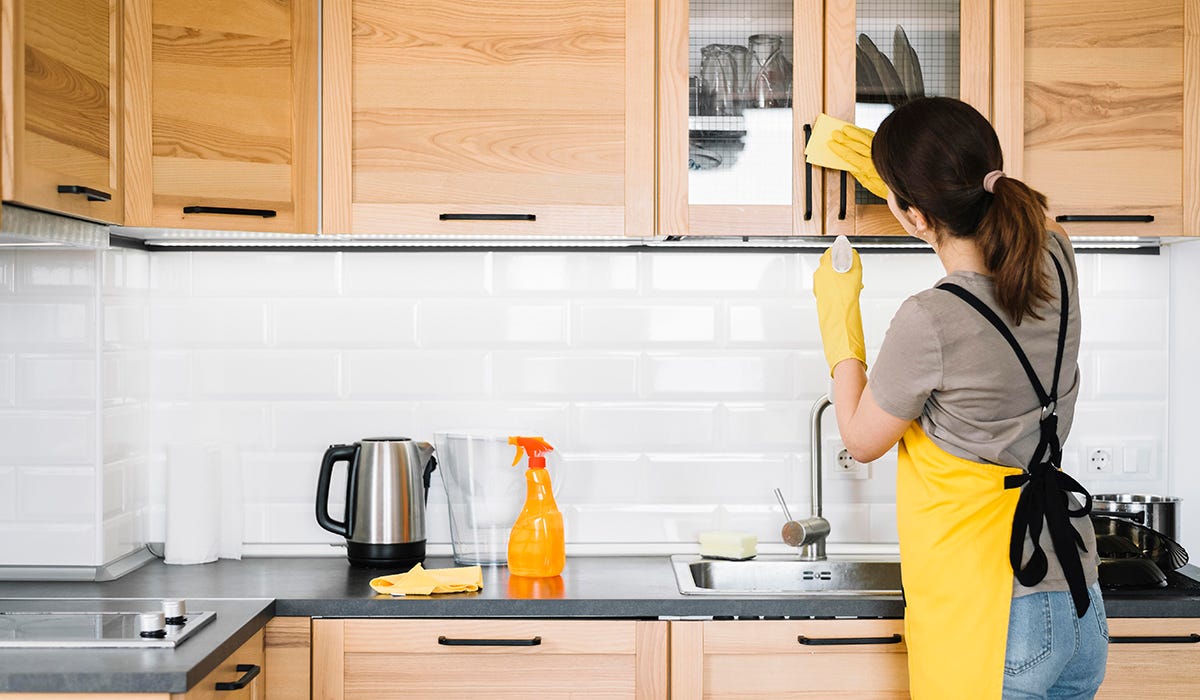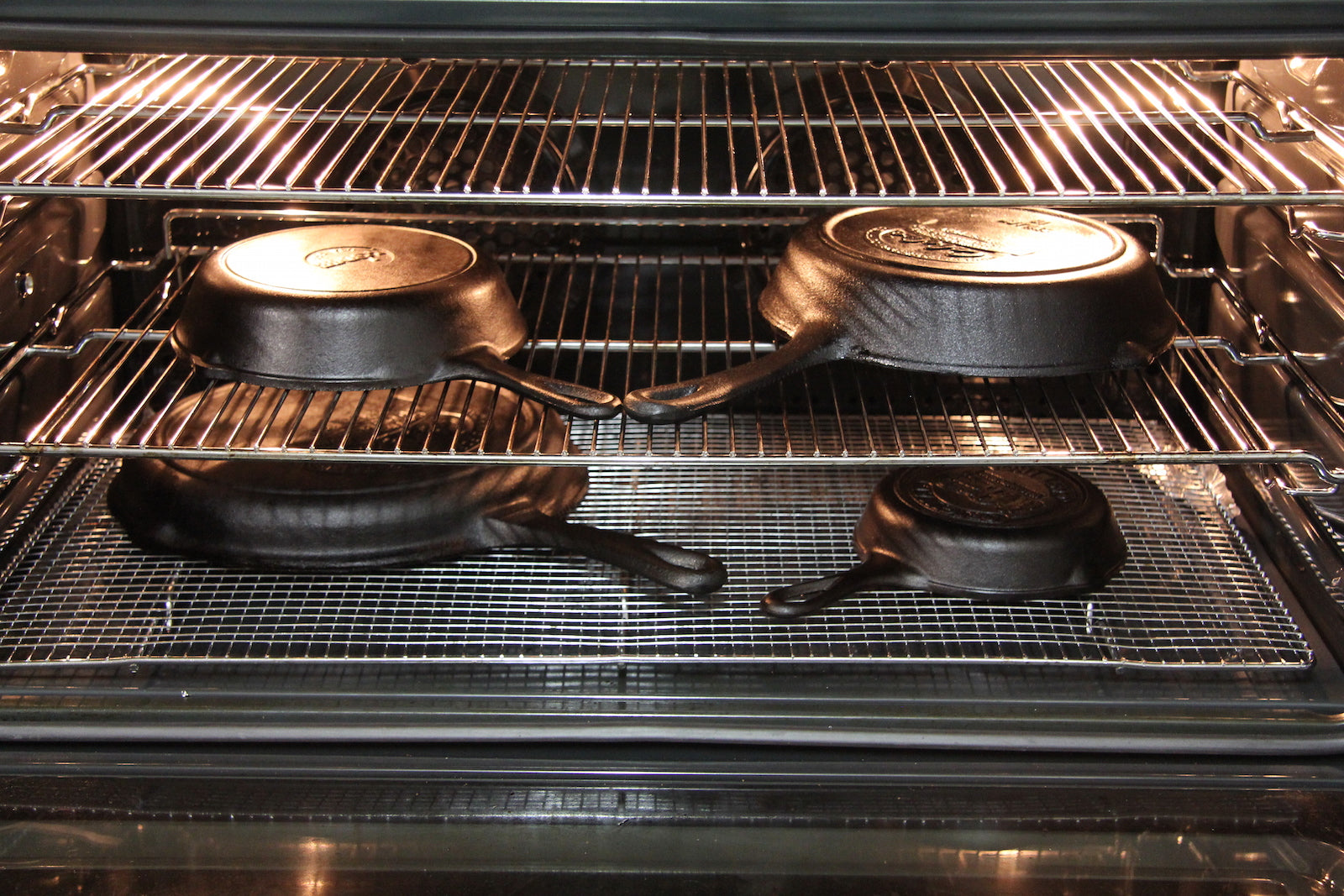For any kitchen professional, understanding the right processes in preparing and maintaining your tools is essential. When it comes to cast iron cookware, one crucial aspect is knowing what temp do you season cast iron effectively. Seasoning not only extends the life of your cast iron but enhances its cooking performance.
Cast iron is loved for its heat retention, excellent cooking properties, and durability. However, it requires a bit of special care. So, what exactly is the ideal temperature for seasoning cast iron? In this guide, we will explore everything you need to know, including the best practices, surprising facts, and some terrific techniques to ensure your cast iron is always in top-notch condition.

The Basics of Seasoning Cast Iron
Seasoning is the process of applying a layer of oil on the surface of a cast iron pan and then heating it. This creates a natural non-stick surface. The primary goal is to facilitate the polymerization of the oils, which means they bond with the iron surface, creating a protective layer.
This process might seem straightforward but requires attention to temperature. The right temperature helps to ensure that the oil reaches its smoke point without burning, which could lead to a sticky residue.
Temperature Guidelines for Seasoning
Generally, most experts agree that the best temperature to season cast iron is around 450F to 500F. At this range, the oils will begin to smoke and polymerize effectively. You can use this cooking range as a universal guidelineespecially when youre seasoning a new skillet.
Here are a few oils that work beautifully at these temperatures:
- Flaxseed oil - this oil has a high smoke point and is favored by many professionals for its polymerization properties.
- Grapeseed oil - it also has a high smoke point and creates a durable seasoning layer.
- Canola oil - its readily available and a cost-effective option for seasoned chefs.
Steps to Season Your Cast Iron
Now that you understand what temp do you season cast iron, lets delve into the step-by-step process:
- Clean the skillet - Scrub your cast iron with hot water and a brush to remove old culinary residues.
- Dry thoroughly - Use a clean towel to dry completely to avoid moisture retention.
- Apply oil - Use a paper towel to rub a thin layer of oil over the surface of the skillet.
- Preheat the oven - Place the skillet upside down in a preheated oven at 450F or higher.
- Bake for an hour - Allow the skillet to bake for around one hour.
- Cool down - Let the pan cool inside the oven to firm up the seasoning.
Common Mistakes to Avoid
Even seasoned pros can make mistakes while seasoning their cast iron. Here are a few common pitfalls:
- Using too much oil - A thin layer is essential. Overdoing it leads to a sticky surface.
- Poor ventilation - Make sure your kitchen is well-ventilated, especially when working at high temperatures.
- Inconsistent temperature - Ensure your oven maintains the desired temperature throughout the seasoning process.
What to Expect from Well-Seasoned Cast Iron
A well-seasoned cast iron pan can deliver a wide array of benefits:
- Non-stick surface - A great seasoning process provides a natural non-stick surface that improves over time.
- Better heat distribution - Seasoned cast iron holds and distributes heat more evenly.
- Enhanced flavor - Cooking in cast iron imparts rich flavors, enhancing the taste of your dishes.
If youre interested in more ways to maintain your cast iron, check out how to clean uncoated cast iron stove grates.
Additional Tips for Seasoning Success
- Consider exposing the skillet to a lower initial temperature to prevent warp.
- After several uses, consider re-seasoning your skillet every 6 months or as needed.
- If possible, use your seasoned cast iron constantly; it will improve with use.
Final Thoughts on Cast Iron Seasoning
Understanding what temp do you season cast iron can tremendously improve your cooking results and extend the life of your cookware. While there are various techniques and methods available, remember that consistency and attention to detail are the keys to successful seasoning.
To ensure high-quality performance throughout your cooking journey, don't hesitate to refer to external resources like this guide on how to season cast iron skillets. It's essential to keep learning to enhance your culinary craft.
:max_bytes(150000):strip_icc():format(webp)/__opt__aboutcom__coeus__resources__content_migration__serious_eats__seriouseats.com__images__2016__09__20160817-cast-iron-pan-vicky-wasik-collage-1500x1125-a15711a84a054cca9268b8ddda1e5dd2.jpg)
Frequently Asked Questions
1. How often should I season my cast iron cookware?
Season your cast iron cookware every 6 months or whenever you notice that food is sticking more than usual.
2. Can I use regular olive oil for seasoning?
While olive oil has a lower smoke point than other oils, it can be used but may not leave a durable non-stick surface.
3. What do I do if my skillet starts to rust?
For rusty skillets, scrub off the rust, thoroughly dry and re-season to restore its performance.
Understanding the dynamics of cast iron seasoning can lead to a remarkable cooking experience in your kitchen. The transformative power of properly seasoned cast iron is something you wont want to miss out on!
This article contains affiliate links. We may earn a commission at no extra cost to you.






Leave a comment
This site is protected by hCaptcha and the hCaptcha Privacy Policy and Terms of Service apply.